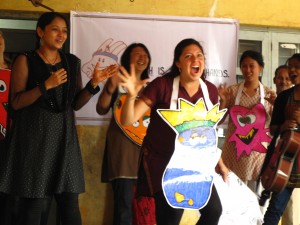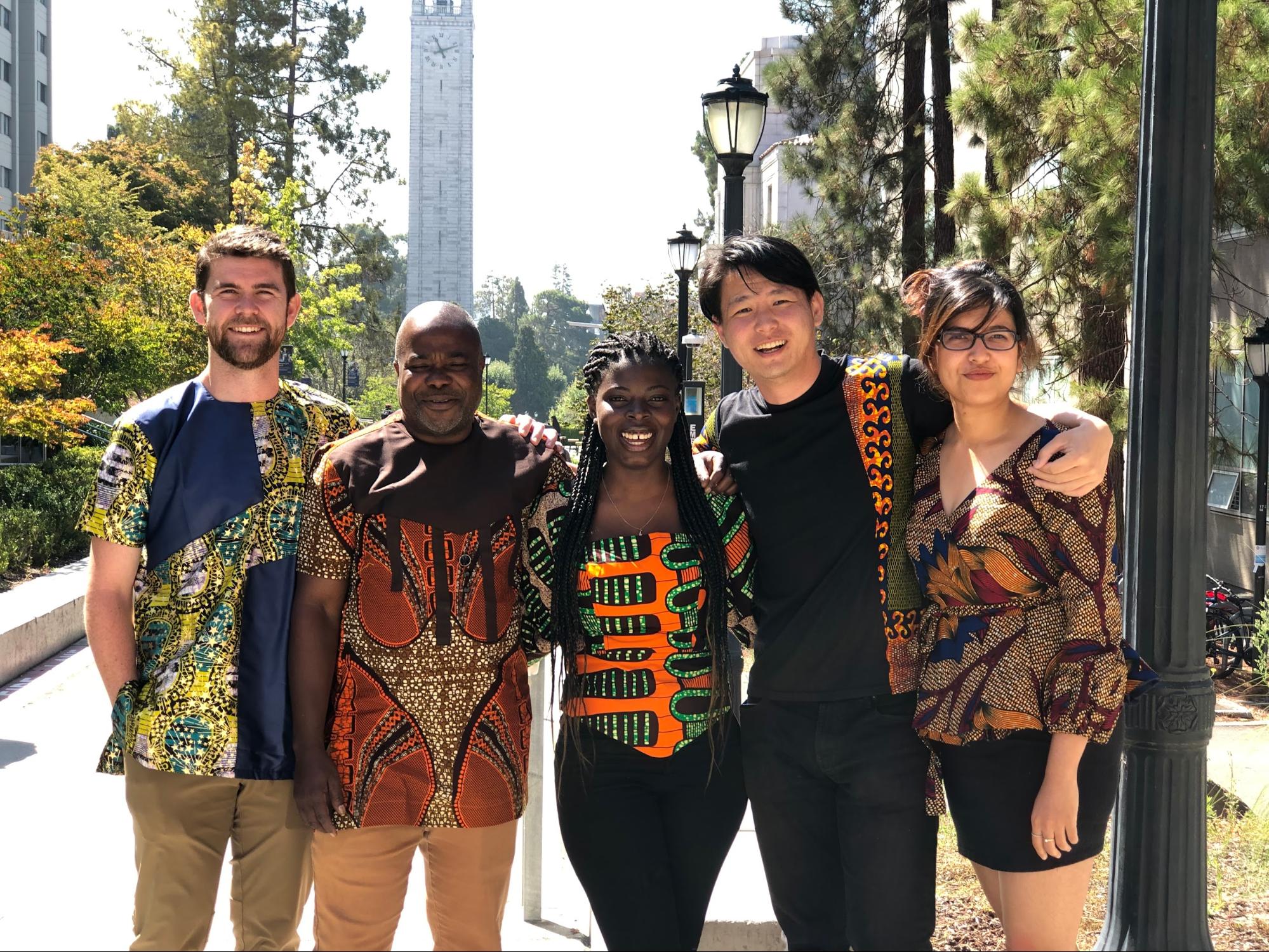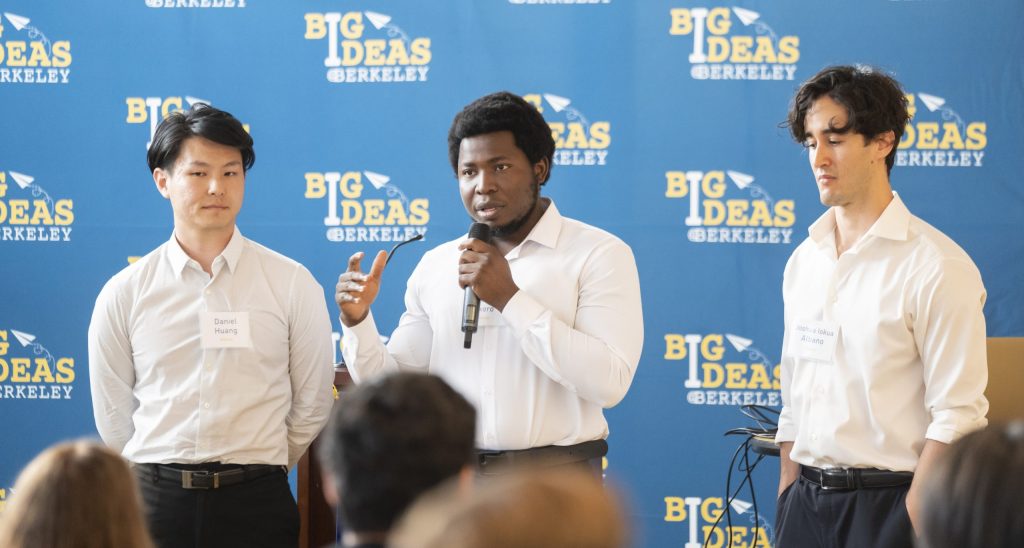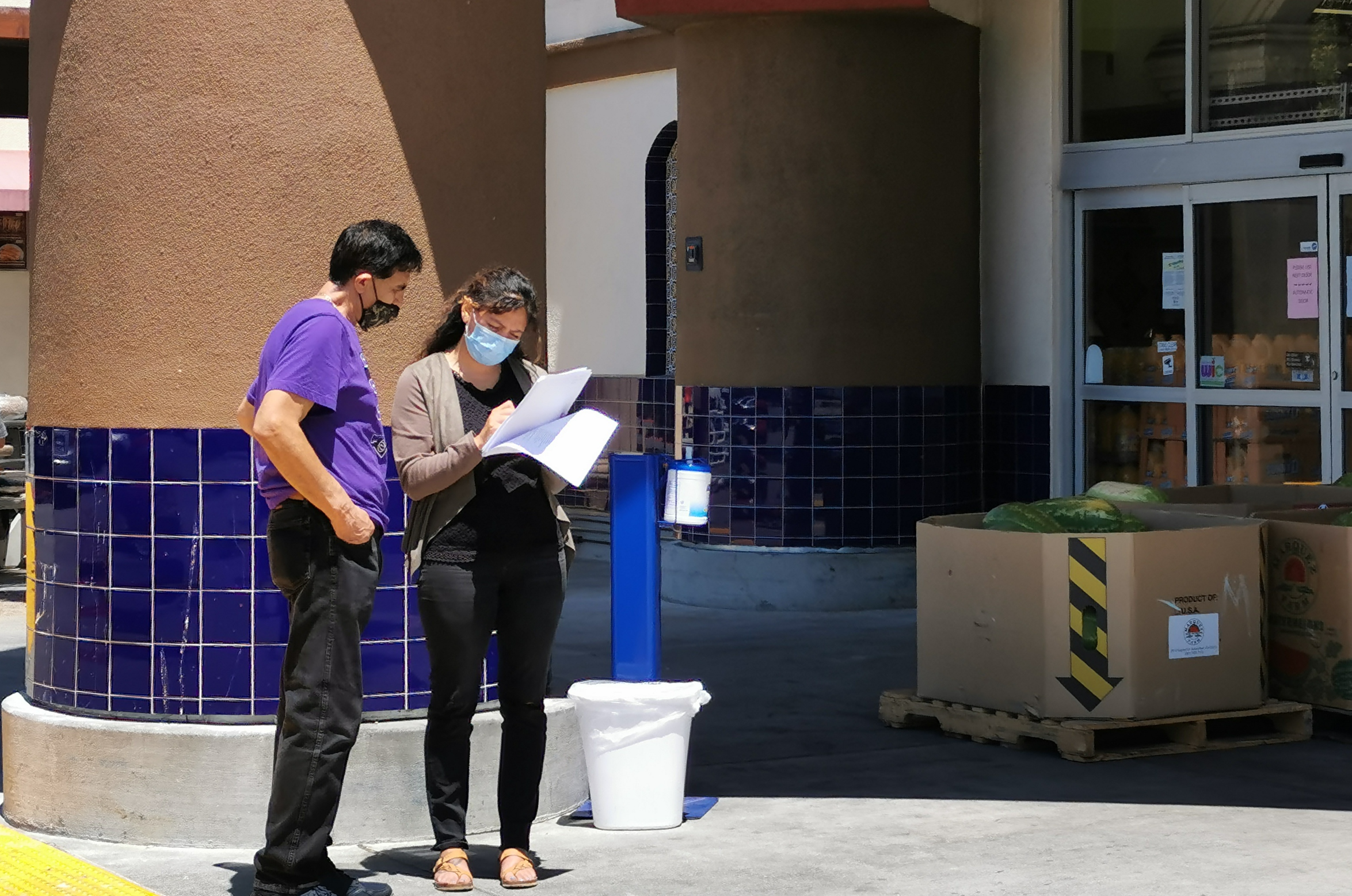
Major: Civil and Environmental Engineering
Year of Graduation: 2010
Location and date of Field Experience: India, Summer 2010
Organization: Hath Mein Sehat
Project: in-house water quality observations and NGO development
Hometown: Oak Park, CA
Current Location: Penrin– small suburb of sacramento– moving to Los Altos soon to start a job as an environmental educator!
Quote: The minor got me to feel comfortable with being uncomfortable. It’s why I’m challenging myself in ways I wouldn’t have been able to before.
Tell us about your practice experience.
The first summer I went to India was in 2010 and I went to Mumbai. We did in-house water quality observations to understand how water is contaminated in a slum. It was a combined research project: ethnographic, but also biological. We got to work closely with so many families– to break language barriers with student speakers and go into a lot of places that we wouldn’t have been able to go otherwise. Having the “GPP badge” gave us the opportunity to inhabit so many different places and be incredibly mobile.
The second summer I went (2011), we were in a very different place. We went to Hubli in the south and were doing a lot of NGO development. We hired a new staff member, developed our program further and worked to increase the organization’s legitimacy. This coming summer, our NGO will be three years old. It’s so exciting to see this infant organization operating and growing out of our hands, especially when we were so closely holding its hand just a year ago.
Who was the most interesting or inspirational person you met during your practice experience? What did they teach you?
We went to this very modern cafe in rural India (which was totally weird and entirely different than everything else in the town). We started theorizing and coming up with strategies about how to go about our project (as cafe-dwelling Berkeley students often do). Suddenly we thought to ourselves, “Who owns this place?” It was so different from what we had seen and it felt almost out of place, and yet it was incredibly popular with the young, hip local crowd.
We actually ended up becoming close friends with the owner, who was the same age as me. “I just love coffee and I love cafes,” he said to us. He was native Hubli born, had his Master’s Degree and decided at age 23 that he wanted to start his own cafe. His approach to it all was incredible. He was down to earth, but was very well versed in business practices. His whole plan was well thought out and organized, and he obviously had a lot of passion for this venture–I really admire him.
How has the Global Poverty and Practice minor affected your goals and what you hope to accomplish?
The minor got me to feel comfortable with being uncomfortable. That’s the essence of what you get after doing your practice. That’s what made me want to come out here and apply for the Fulbright. It’s why I’m challenging myself in ways I wouldn’t have been able to before. The minor has opened a lot of doors for me. It’s a little selfish because I get to go work abroad and take classes that criticize development, but now I see so much potential for international collaboration if you have international experience. The minor gave me a lot of great perspective for that. I feel incredibly lucky to have been given a chance to take advantage of it.
It has also shown me just how important it is to be passionate. After leaving the minor, I’ve started to realize that a lot of the systems I’ve put into place for myself just aren’t paralleled by a lot of people. It’s hard to get people to talk about things they care about– there’s no passion. Especially coming from an engineering background. Engineering curriculum is so dry and a little ridiculous in my opinion. There’s just no social training or exposure. Engineering majors need to take these (GPP) classes. I think we all need to learn a lot more before we go out into the world and think we can solve problems with an equation.
What are you doing now?
I’m currently living and working on a farm. I rise and sleep with the sun, and have the luxury of being distraction-free, in which I spend my time cooking, writing, reading, reflecting, and playing music. So many people spend hours of precious daylight just commuting to and from work, but if you live where you work and grow your own food, it’s hard to find a reason to leave the land.
What is your dream job?
To be a salsa singer/farmer/teacher– being outdoors with music and young people.



